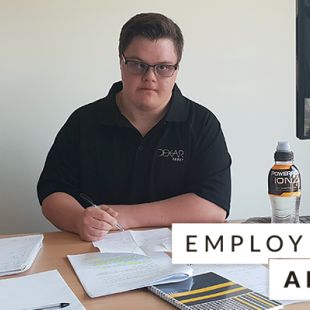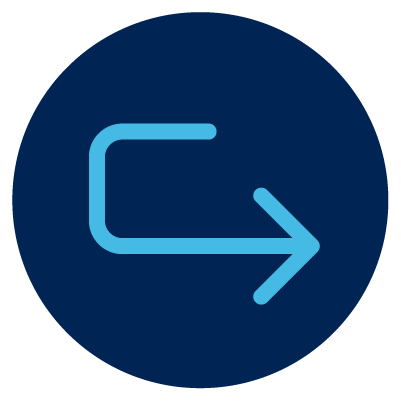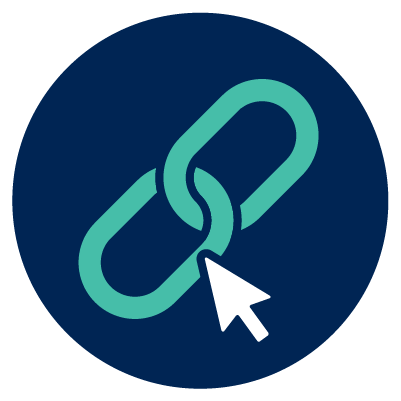Talking about your disability at an interview
Knowing what to say about your disability at a job interview can be challenging. We’ve put together tips on when to mention your disability, what to talk about, and ways to deal with some common concerns from employers.
Why mention your disability at an interview?
You should tell the employer about your disability if it might affect:
- how you do the job
- your ability to work safely
- your ability to help keep your co-workers safe.
Mentioning your disability can create trust and an open relationship with your employer. But if your disability won’t affect your ability to do the job or to work safely, you don’t have to mention it. It is your choice.
Mentioning your disability before the interview
If you do need or choose to mention any disabilities, it can be a good idea to bring it up before the interview.
For example, if you want to:
- ask about what support the organisation has for employees with disability
- get a sense of whether the organisation is a fair employer
- ask about access to the building and any help you need to take part in the interview.
For more information on arranging help to take part in job interviews, visit Support you may need for an interview.
What information to discuss
You only need to give information about how your disability may affect how you do the job. You don’t need to talk about specific personal information.
You might talk about:
- your skills and strengths and examples of how you manage your work
- changes to the workplace you might need to support you
- side effects of any medications that could affect your work at certain times
- any pain management or time off needs you might have, for example if you have periods when your disability affects you more.
Keeping it positive
If you do mention your disability, it can also be a chance to show your skills, knowledge and creativity.
This could include giving examples of:
- any assistive technology you use
- methods you use to manage your time
- ways you work as part of a team
- any issues you faced in past workplaces and how you worked with your employer to find solutions.
Financial help for changes in the workplace
If you might need adjustments to help you do the job, you can tell the employer about the Employment Assistance Fund. This can help cover the costs of changes to workspaces or buying equipment and assistive technology.
Responding to employer concerns
We know there are many benefits of employing people with disability. But some employers may have little experience with disability in the workplace.
Some employers might also say they hired someone with disability before but it didn’t work out well. Shift the focus by:
- explaining to the employer that you have thought about how you will do all the tasks needed for the job
- talking about your skills and experience
- talking about the financial help the employer can get if you need any changes to the workplace, such as through the Employment Assistance Fund
- talking about other financial help available, such as subsidised wages for people with disability in a new job.
If you are with an Inclusive Employment Australia provider, you can also tell the employer that your provider can help them through the Supported Wage System.
Below are some other common concerns employers may have and how you can answer them.
Gaps in your work history
If you have gaps in your work history, you can explain these in a number of ways. For example:
- mention any study, volunteer work or other activities you did
- mention time you spent on personal development.
It’s not unusual for people to have gaps in employment for a range of reasons. It’s important to make it clear to the employer that you’re able and eager to work now.
Slower work rates
Some employers might say that they can’t afford to hire people with disability because they work too slowly. The truth is that most people with disability improve productivity levels.
If you’re concerned about how much you can do at work because of your disability, you and the employer may consider the Supported Wage System. If you’re eligible, you can get an assessment to decide on fair pay for the work you can do.
Negative responses from customers or co-workers
Some employers might worry about how customers will react to an employee with disability. Some might think a person with disability will not fit in with their co-workers.
There is a lot of information employers can access if needed to help improve disability awareness. You could also point them to some of the benefits of employing people with disability. For example:
- people with disability build strong relationships with customers
- co-workers with disability often improve staff morale
- hiring people with disability can enhance the organisation’s image in the community.
You could also mention there is disability awareness training available for workplaces.
Your privacy
Information about your disability is personal and you have the right for this information to be kept private. If you think someone involved in an interview hasn’t kept your personal details private, you have the right to complain. Visit How your personal information is protected for more information.
You can find out more about the Privacy Act at the Office of the Australian Information Commissioner website.
Related pages
Last updated:
Preparing for success with disability employment interviews
Once you’ve had a person with disability apply for a job, what comes next? Just like with anyone else, it’s time for an interview.
Talking about your disability at an interview
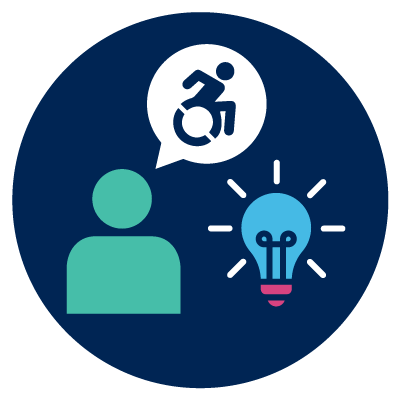
It can be hard to talk about your disability at a job interview.
We made some tips to help you.
Why it can be good to talk about your disability
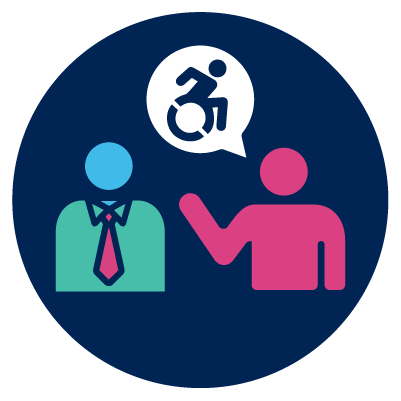
You might want to talk about your disability at a job interview.
This can help build trust with an An employer hires people to work for them.

You should talk about your disability if it could:
- affect how you do the job
- make other people unsafe
- make you unsafe.
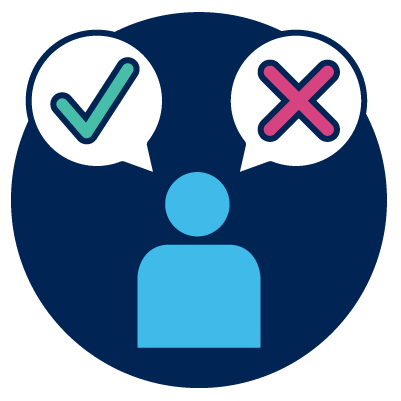
But you don’t have to talk about your disability if it won’t affect:
- how you do the job
- people’s safety.
It’s your choice.
When to talk about your disability before an interview
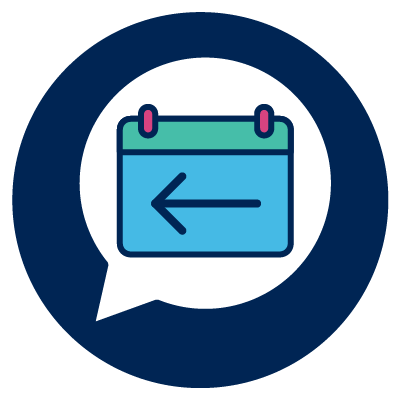
If you decide to share your disability, it can be a good idea to tell an employer before the interview.
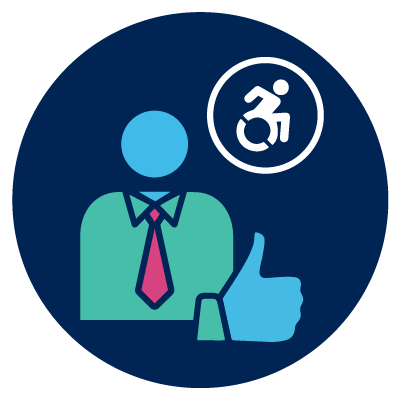
This can help you find out how the employer supports people with disability who work there.
It can also help you find out if the employer treats people with disability fairly.
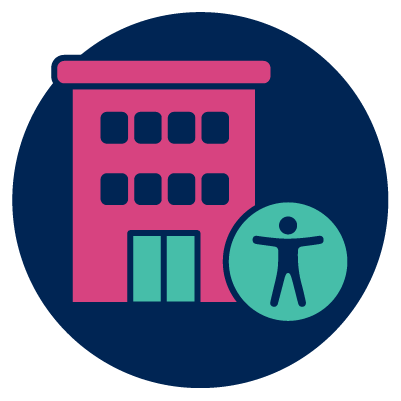
You might also need to find out if the building is When something is accessible it is easy to find, use and move around.
And ask about any support you might need for the interview.
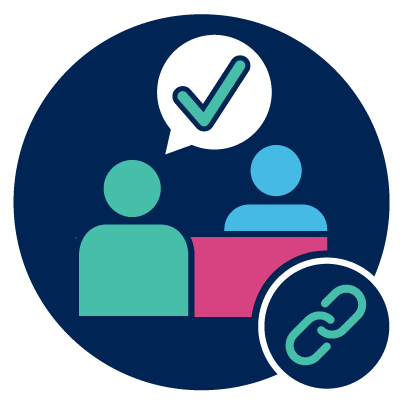
You can find out more on our page about Support you may need for an interview.
What you can talk about
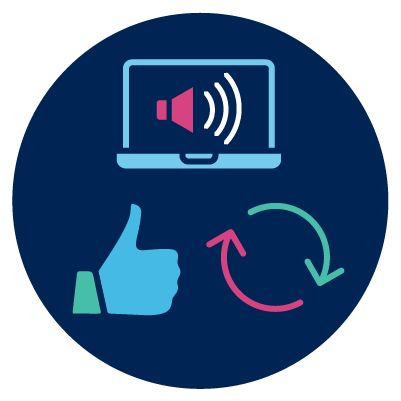
When you talk about your disability at an interview, you could explain:
- what you’re good at
- any equipment that supports you to work
- how your employer can support you, like changing parts of the A workplace is any place you might work, such as an office, factory or shop.

You can also talk about any:
- medicine you take if it might affect how you do your job
- time off you might need to manage your disability.
Stay positive

It’s a good idea to focus on good things.
It can be a chance to show an employer your skills and creativity.
For example, you could explain:
- any tools you use to manage your disability
- how you manage your time
- how you work as part of a team.
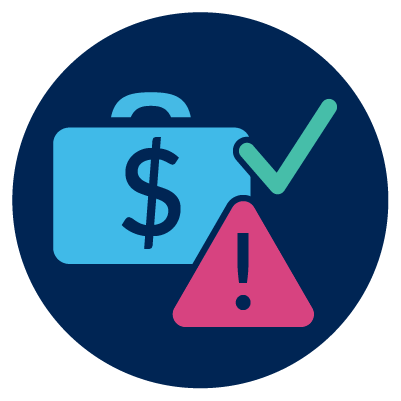
You can also tell an employer about:
- any problems you faced in other jobs
- how you worked with your employer to fix those problems.
Employment Assistance Fund (EAF)
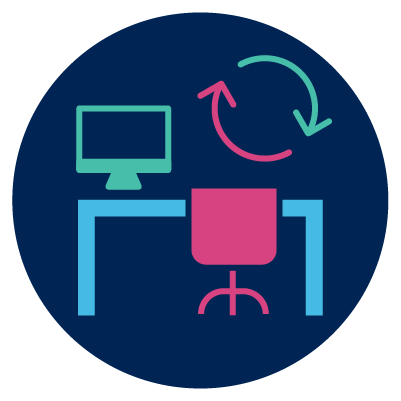
You might need support to change the workplace so you can do the job.
For example, you might need special equipment.
You can tell your employer about the The EAF can cover the cost of supports and services so people with disability can do their job and get help with finding a job.
How to answer an employer’s questions
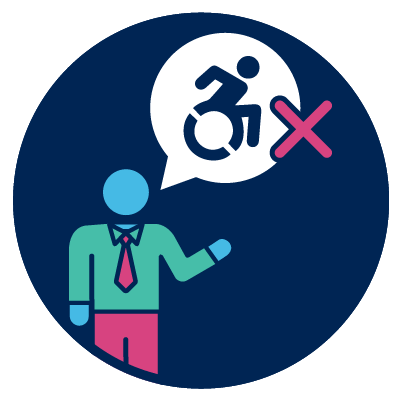
Some employers have not worked with people with disability before.
Or they might tell you they hired a person with disability in the past, but it didn’t work out well.

You should show them that you have thought about how you can do the job.
You can share your:
- skills
- experience.
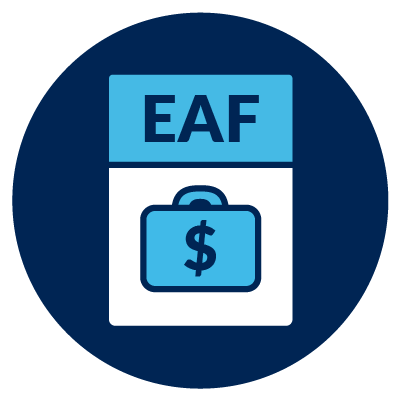
You can also talk to them about financial support they can get.
For example, the EAF.
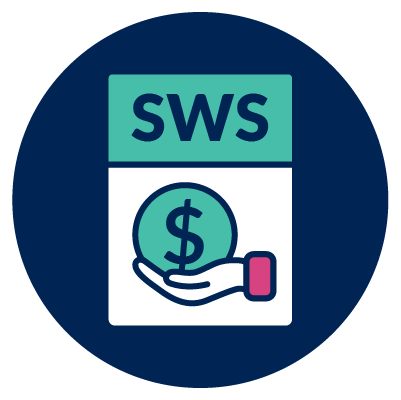
You can also tell the employer about the Supported Wage System (SWS).
The SWS helps employers pay people with disability based on their Productivity is how much work you’re able to do in a certain time.
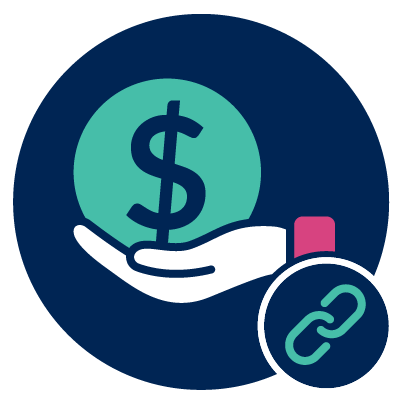
You can find out more on our page about Wages based on productivity.
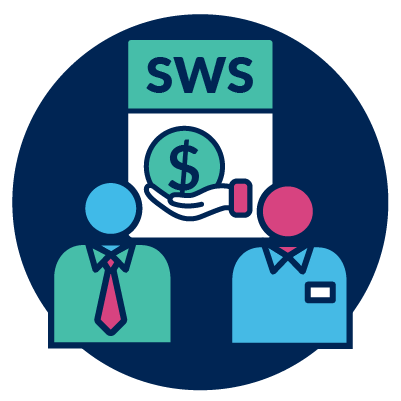
If you have an Inclusive Employment Australia providers help people with disability find and keep jobs. they can help your employer use the SWS.
How to explain gaps in your work history

An employer might ask about gaps in your work history when you didn’t work.
For example, your disability might have affected when you were able to work.

It is better to explain why you didn’t work for a time.
And show that you are ready to work now.

You can talk about what other activities you did during these times.
For example:
- any studying or training
- how you spent that time working on your skills.
How people with disability work
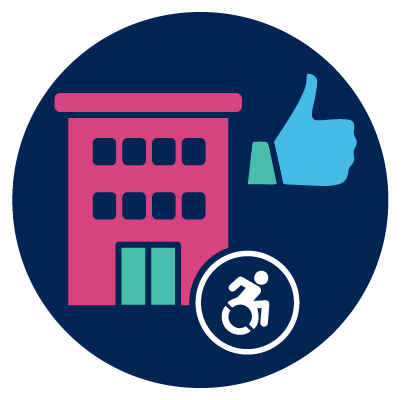
Some employers might think people with disability work too slowly.
But businesses that hire people with disability often do better.
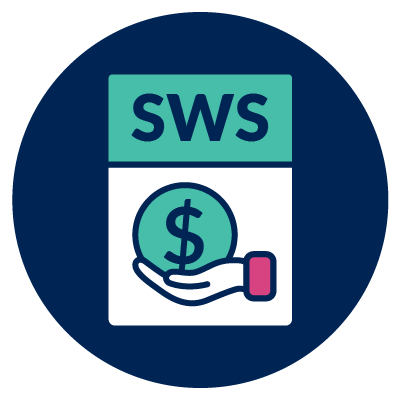
If you worry about how much work you can do because of your disability, you can talk to your employer about the SWS.
Bad attitudes
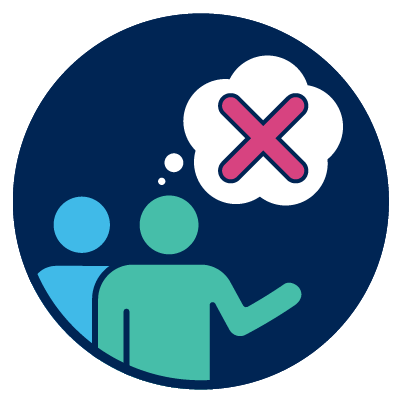
Some employers might worry that people will have bad Your attitudes are what you think, feel and believe. about their business if they hire people with disability.
For example, they might worry about what:
- your co-workers think
- customers think.

You can tell them about how hiring people with disability can be a good thing.
You can tell them how:
- people with disability build strong relationships with customers
- staff are often more positive when they work with people with disability
- hiring people with disability can build trust with the community.
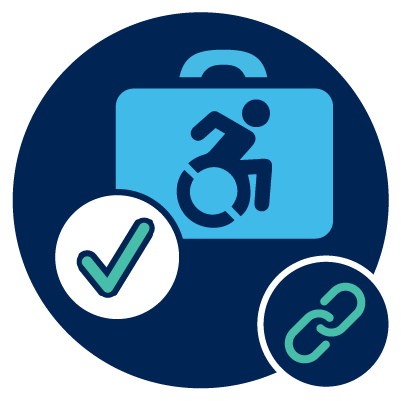
You can find out more on our page about the Benefits of hiring people with disability.

You can also talk to an employer about getting training for their staff about disability.
You can find out more on our page about Disability awareness training for your workplace.
Your right to privacy
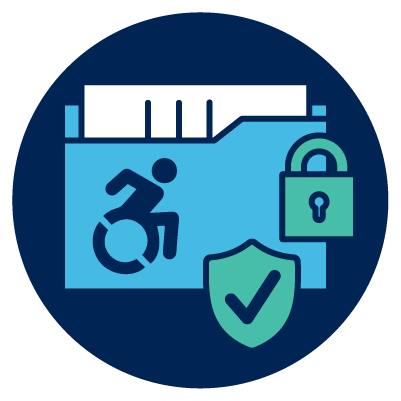
Your disability is part of your personal information.
You have the Your rights are rules about how people need to treat you fairly and equally. for this information to be:
- safe
- private.
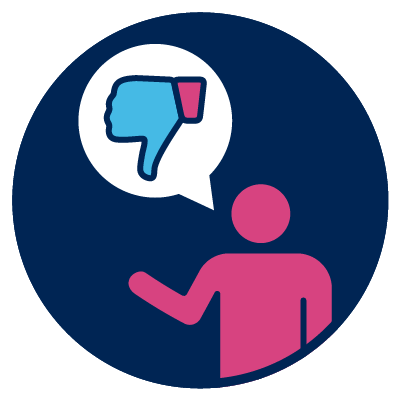
If you think someone has shared your information when they shouldn’t have, you can make a When you make a complaint, you tell someone that something has gone wrong or is not working well.
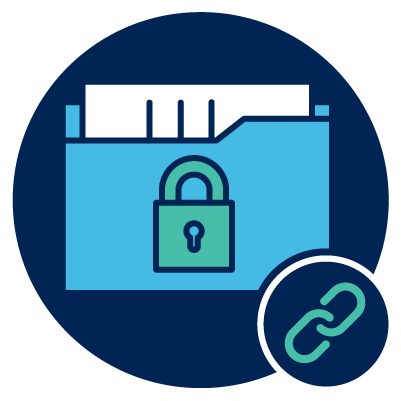
You can find out more on our page about How your personal information is protected.
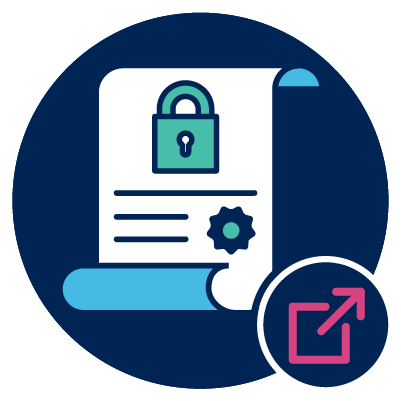
You can visit the page about the Privacy Act on the Office of the Australian Information Commissioner website.
